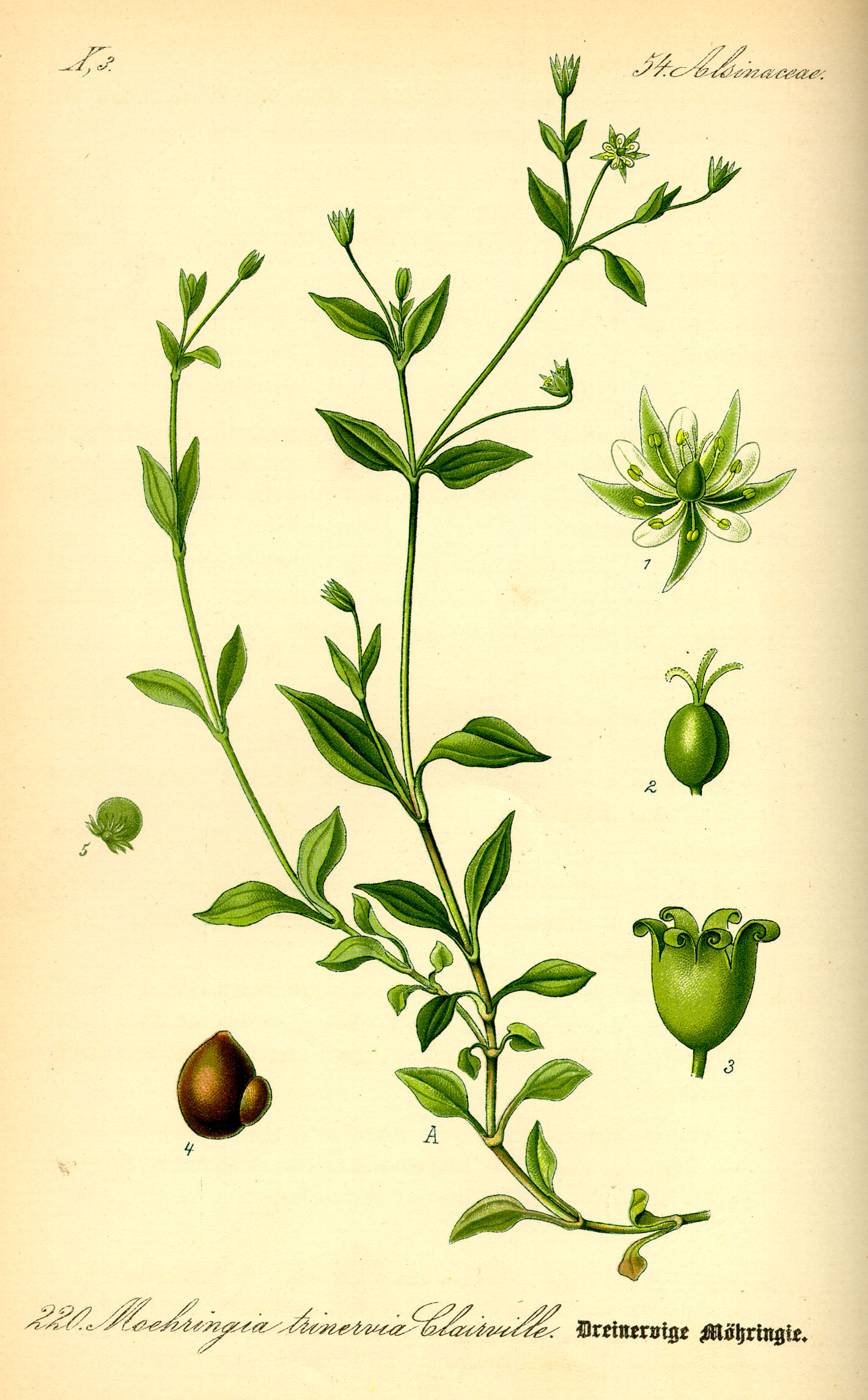Hi Donald,
Interesting email to Berkeley Strawberry Quakers' email list from England. Have you seen it already? Do you know the writer?
Helps me appreciate Harbin as ethnographic field site for its warm water {natural} clothing optional meditation and Californian/west coast hippie-minded-ness and friendly cultural freedoms/thinking, even decades after the sixties, as well as sunbelt California weather, much.
Friendly regards,
Scott
*
Dear Strawberries,
As you know, I transferred my membership in 2013 from Strawberry Creek to Wellingborough Local Meeting (formerly called preparatory meeting, not the same as in our terminology), which is, in turn, part of Northampton Area (formerly Monthly) Meeting, which is part of Britain Yearly Meeting. The change in terms was dictated by laws passed a few years ago regarding governance of charities (of which religious bodies are a category) in England. We also have trustees (legally speaking), which, of course, has nothing to do with Quaker practice. The level of regulation here is much higher in many ways than in the USA.
But even though I am now officially a member of a meeting in England, my heart and spirit are still tied with unbreakable golden cords to Strawberry Creek. Even after 11 years here, I refer to SC as my home meeting and hold our meeting's community and mutual care as examples of what Friends are really about. So, Friends, I want to share a brief summary of my year. We had some ups and downs, some challenges and rewards, as always.
Travel-wise, we stayed close to home, our longest holiday being four hot July days in Stratford-on-Avon for my annual birthday feast of Shakespeare at the Royal Shakespeare Company. The RSC is almost as familiar to me now as the old Berkeley Rep was. We’ve seen nine shows there this year, including an extraordinary Henry IV-1&2.
At the National Theatre, we saw the Lear that won every award possible, a cold and completely unredeemable Lear in a grey and forbidding landscape; and Sean O’Casey’s anti-war play, The Silver Tassie, written after WWI, as (I think) an object less on the futility of thinking anyone ever "wins" a war.
We also frequent the Cambridge Arts Theatre, where we see pre-West End shows at half the price of London tickets; and the ADC theatre, where Ian McKellen, Derek Jacobi, Fry & Laurie, Emma Thompson and others first got noticed. Ian got his MA at Trinity Hall, Cambridge, and he knows the city like the back of his hand. In Cambridge, we also visit Ian's most elderly friend, a real firecracker of a woman, in her late 80s and still making waves. She was Ian's first Kabbalah teacher, and we always have discussions with her about spiritual life.
The year wasn't all theatre, however. Life happened, too. I had my brush with cancer, and came away declared cancer-free. I can’t fault the National Health System on this one. I was seen and run through myriad tests within three weeks, and scheduled for surgery. Of course, in my most polite, but assertive American way, I demanded a referral to The Royal Marsden Hospital, the major UK center for cancer research, where treatment is always quick and is the best in the country. I was also selected to be a subject in breast cancer research into the specific type of cancer cells I had, which means that my tiny bit of cancer might help cure someone down the line.
That whole mini-drama happened in the middle of my taking two courses at the same time. In the first, Spiritual Companion Mentor training, this year I completed 144 credit hours, with the final project comprising a portfolio of six documents and a self-assessment grid. I got word November 26th that my portfolio passed all requirements. I’ll receive the Certificate of Professional Practice in Spiritual Studies and Companionship from the London College of Teachers, a professional qualification for the UK and Europe. (The College of Teachers, established in 1846, is the UK’s Professional Educational Institute for Teachers and awards internationally recognized qualifications.)
The second course, Equipping for Ministry, is at Woodbrooke Quaker Study Centre in Birmingham. This one requires about the equivalent of 150 American credit hours. There’s no certificate or diploma at the end, but, for me, it’s a wonderful connection to Quakers in Britain, developing friendships and learning about how Quakers operate here– which is very different from American Quaker meetings. 2014 was the first year of the two-year course.
Ian has been taking courses, too, and is considering a second MA, this time in law. (His first is in Classics.) He applies for full-time judicial positions when openings come up– which is very rarely. He’s been a part-time judge for seven years, plus his job as a lawyer, and he wants to stop splitting his focus. He is happiest at the end of a day when he's been sitting, hearing cases, churning facts in his mind. He almost glows when he's writing his decisions; the challenge of balancing the law with the credibility of the documents and testimony makes him buzz with contentment. He enjoys his judicial review work as a government lawyer, and he is the resident senior expert in his division; but it's the judicial work that really suits him best.
On the home front, we adopted a second dog, Pirosca, a few days before last Christmas. She was the last puppy from Poddie’s litter, still at the rescue kennels six months later. The day the rescue people brought her here, she and Poddie were so overjoyed to see each other, they ran and ran for joy, for almost an hour. Pirosca had never lived in a house before, so there was a challenge to get her used to being inside. She is so afraid of people that even we can’t touch her, except when she and Poddie are up on the bed with me or Ian or both of us. But she has come a long way in a year. She now no longer runs outside when someone comes to the door. She sits at a safe distance and watches. Adopting rescue dogs holds a lot of challenges, but seeing a dog learn to trust, even a little, after a life of abuse and living in kennels for over a year, is exciting and humbling.
...
As I write this, the days are grey here; often a thick mist rises for most of the morning; it gets dark at about 4:00 now. The shortest day is less than a month away, and Christmas only a few days after that. Hope yours is warm, cosy and meaningful to you.
Missing you all, especially this time of year.
Love,
Mona
As you know, I transferred my membership in 2013 from Strawberry Creek to Wellingborough Local Meeting (formerly called preparatory meeting, not the same as in our terminology), which is, in turn, part of Northampton Area (formerly Monthly) Meeting, which is part of Britain Yearly Meeting. The change in terms was dictated by laws passed a few years ago regarding governance of charities (of which religious bodies are a category) in England. We also have trustees (legally speaking), which, of course, has nothing to do with Quaker practice. The level of regulation here is much higher in many ways than in the USA.
But even though I am now officially a member of a meeting in England, my heart and spirit are still tied with unbreakable golden cords to Strawberry Creek. Even after 11 years here, I refer to SC as my home meeting and hold our meeting's community and mutual care as examples of what Friends are really about. So, Friends, I want to share a brief summary of my year. We had some ups and downs, some challenges and rewards, as always.
Travel-wise, we stayed close to home, our longest holiday being four hot July days in Stratford-on-Avon for my annual birthday feast of Shakespeare at the Royal Shakespeare Company. The RSC is almost as familiar to me now as the old Berkeley Rep was. We’ve seen nine shows there this year, including an extraordinary Henry IV-1&2.
At the National Theatre, we saw the Lear that won every award possible, a cold and completely unredeemable Lear in a grey and forbidding landscape; and Sean O’Casey’s anti-war play, The Silver Tassie, written after WWI, as (I think) an object less on the futility of thinking anyone ever "wins" a war.
We also frequent the Cambridge Arts Theatre, where we see pre-West End shows at half the price of London tickets; and the ADC theatre, where Ian McKellen, Derek Jacobi, Fry & Laurie, Emma Thompson and others first got noticed. Ian got his MA at Trinity Hall, Cambridge, and he knows the city like the back of his hand. In Cambridge, we also visit Ian's most elderly friend, a real firecracker of a woman, in her late 80s and still making waves. She was Ian's first Kabbalah teacher, and we always have discussions with her about spiritual life.
The year wasn't all theatre, however. Life happened, too. I had my brush with cancer, and came away declared cancer-free. I can’t fault the National Health System on this one. I was seen and run through myriad tests within three weeks, and scheduled for surgery. Of course, in my most polite, but assertive American way, I demanded a referral to The Royal Marsden Hospital, the major UK center for cancer research, where treatment is always quick and is the best in the country. I was also selected to be a subject in breast cancer research into the specific type of cancer cells I had, which means that my tiny bit of cancer might help cure someone down the line.
That whole mini-drama happened in the middle of my taking two courses at the same time. In the first, Spiritual Companion Mentor training, this year I completed 144 credit hours, with the final project comprising a portfolio of six documents and a self-assessment grid. I got word November 26th that my portfolio passed all requirements. I’ll receive the Certificate of Professional Practice in Spiritual Studies and Companionship from the London College of Teachers, a professional qualification for the UK and Europe. (The College of Teachers, established in 1846, is the UK’s Professional Educational Institute for Teachers and awards internationally recognized qualifications.)
The second course, Equipping for Ministry, is at Woodbrooke Quaker Study Centre in Birmingham. This one requires about the equivalent of 150 American credit hours. There’s no certificate or diploma at the end, but, for me, it’s a wonderful connection to Quakers in Britain, developing friendships and learning about how Quakers operate here– which is very different from American Quaker meetings. 2014 was the first year of the two-year course.
Ian has been taking courses, too, and is considering a second MA, this time in law. (His first is in Classics.) He applies for full-time judicial positions when openings come up– which is very rarely. He’s been a part-time judge for seven years, plus his job as a lawyer, and he wants to stop splitting his focus. He is happiest at the end of a day when he's been sitting, hearing cases, churning facts in his mind. He almost glows when he's writing his decisions; the challenge of balancing the law with the credibility of the documents and testimony makes him buzz with contentment. He enjoys his judicial review work as a government lawyer, and he is the resident senior expert in his division; but it's the judicial work that really suits him best.
On the home front, we adopted a second dog, Pirosca, a few days before last Christmas. She was the last puppy from Poddie’s litter, still at the rescue kennels six months later. The day the rescue people brought her here, she and Poddie were so overjoyed to see each other, they ran and ran for joy, for almost an hour. Pirosca had never lived in a house before, so there was a challenge to get her used to being inside. She is so afraid of people that even we can’t touch her, except when she and Poddie are up on the bed with me or Ian or both of us. But she has come a long way in a year. She now no longer runs outside when someone comes to the door. She sits at a safe distance and watches. Adopting rescue dogs holds a lot of challenges, but seeing a dog learn to trust, even a little, after a life of abuse and living in kennels for over a year, is exciting and humbling.
...
As I write this, the days are grey here; often a thick mist rises for most of the morning; it gets dark at about 4:00 now. The shortest day is less than a month away, and Christmas only a few days after that. Hope yours is warm, cosy and meaningful to you.
Missing you all, especially this time of year.
Love,
Mona
~~~~~~~~~~~~~~~~~~~~~~~~~~~~~~
Some say that ever 'gainst that season comes
Wherein Our Saviour's birth is celebrated,
The bird of dawning singeth all night long.
And then, they say, no spirit dare stir abroad,
The nights are wholesome, then no planets strike,
No fairy takes nor witch hath power to charm,
So hallowed and so gracious is the time.
Some say that ever 'gainst that season comes
Wherein Our Saviour's birth is celebrated,
The bird of dawning singeth all night long.
And then, they say, no spirit dare stir abroad,
The nights are wholesome, then no planets strike,
No fairy takes nor witch hath power to charm,
So hallowed and so gracious is the time.
*
Just found this Quaker writer's blog too - http://lightwithspirit.
*
Perhaps her husband, Ian, could help develop "England WUaS Law School" and related ...
http://worlduniversity.wikia.com/wiki/World_University_Law_School#World_University_and_School_Links
*
Quaker Meeting House at Wellingborough -
https://sites.google.com/site/wellingboroughhistory/places-of-worship/non-conformists/society-of-friends
See too - Quaker Meeting House at Wellingborough - https://www.flickr.com/photos/bazrichardson/6789694513/
Friends’ Meeting House - Wellington Street, Northampton, Northamptonshire -
http://www.heritageopendays.org.uk/directory/friends-meeting-house11
*
Appreciating Friendly care / love ... which Quakers focus on via Quaker organizations ...
while appreciating Harbin warm water releasing and hippie ethos ...
... and F/friends and hippies do have much in common and "meditatively"
*
...

.jpg)

.jpg)


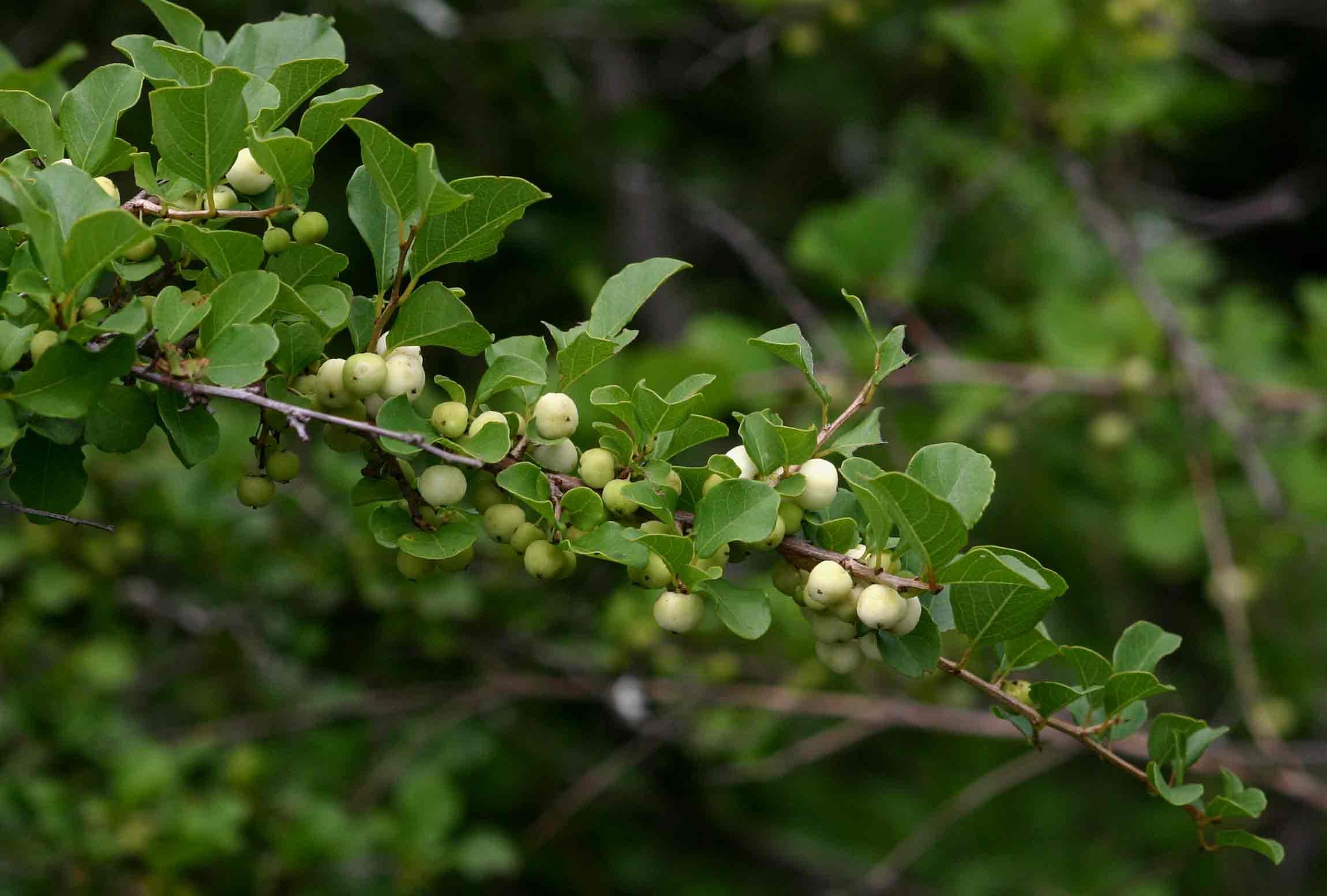











_-_geograph.org.uk_-_189429.jpg)



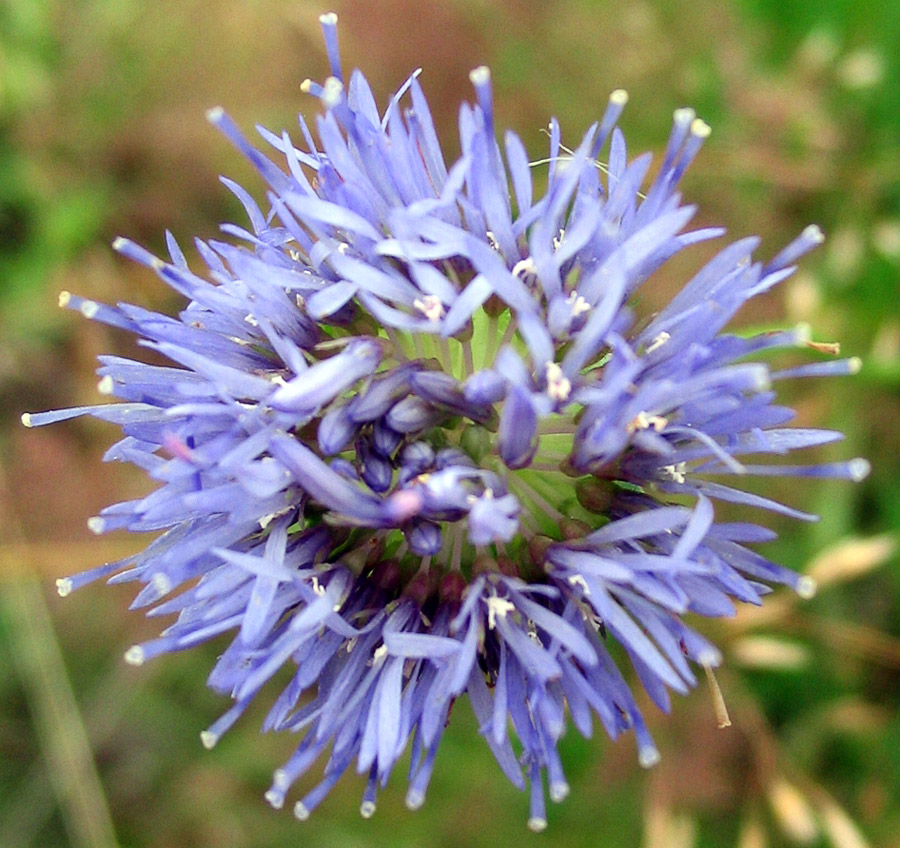



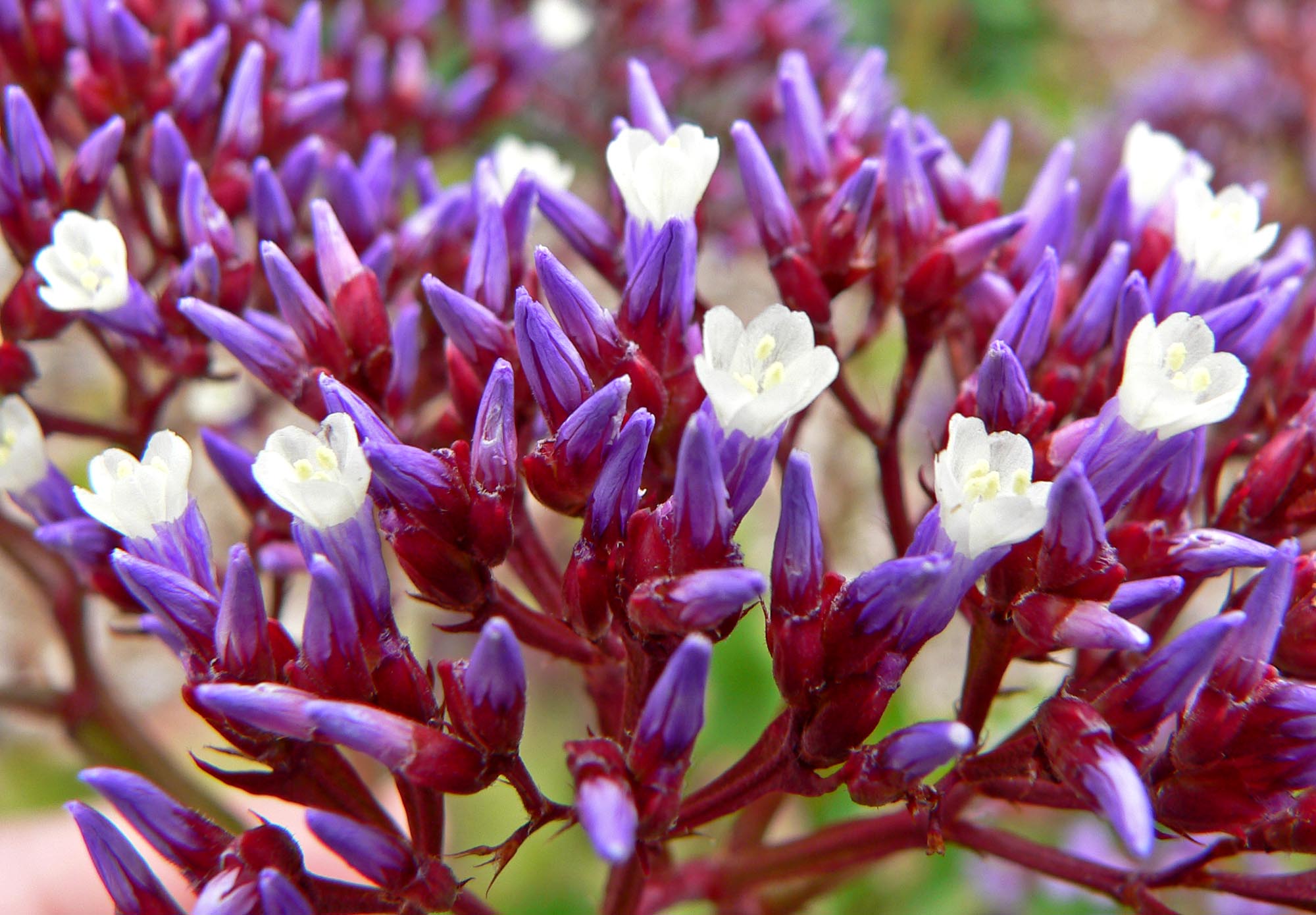






_2.jpg)




.jpg)
.jpg)
.jpg)







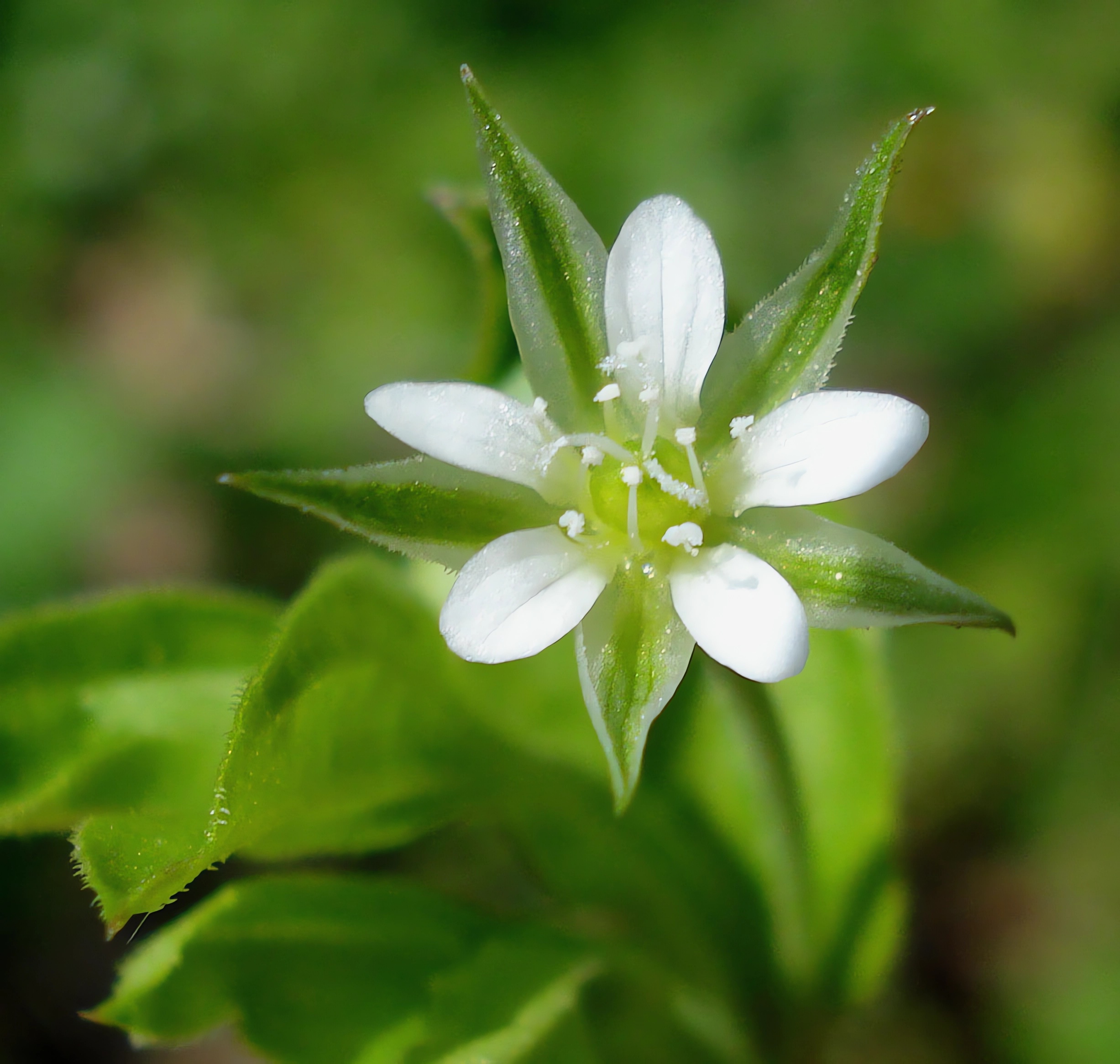

_IMG_3104.jpg)
